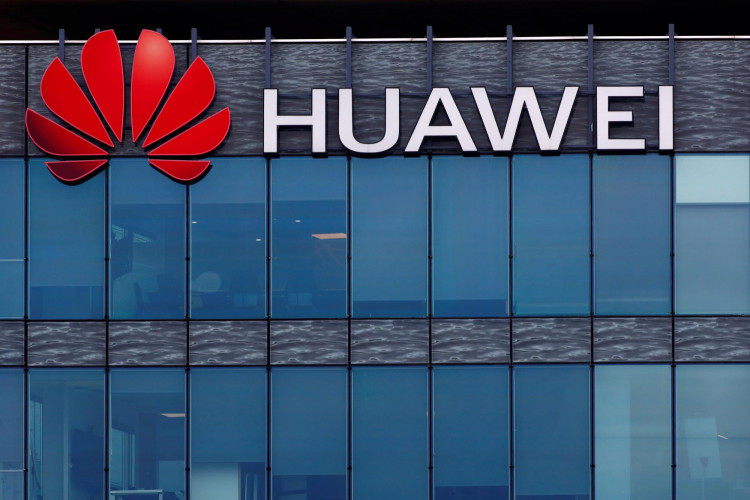Beleaguered Chinese tech behemoth Huawei Technologies Corp. has posted surprisingly solid results for the first six months of 2020, despite challenges the company has come up against from sanctions by the United States and the ongoing global health crisis.
But more headwinds are expected in the coming months as the group grapples with another U.S. technology export ban that will cut it off completely from suppliers, starting in September.
Sales of Huawei -- the world's leading supplier of telecom networking hardware and number-two smartphone manufacturer next to Samsung -- rallied by 13.1 percent to 454 billion yuan ($64.8 billion) for the first two quarters through June, with a net profit margin of 9.2 percent, Huawei disclosed in a statement Monday.
The tech conglomerate's first half net profit margin is an increase from 8.6 percent in the same period in 2019. Huawei said its carrier business was responsible for 35 percent of total sales, its enterprise unit accounted for 8 percent and its consumer business, 56 percent.
The privately-controlled tech giant did not specify what contributed to its first-half growth, but stated in a media release that in the face of the coronavirus pandemic, information and communications technologies - the primary focus of its business - "has become not only a critical tool for fighting the virus but also an engine for economic recovery," Rita Liao of TechCrunch wrote.
Huawei's impressive performance came in the wake of the U.S.'s ongoing campaign to rally its allies to eliminate the Chinese tech group from their network. Britain is poised to remove Huawei equipment from its 5G infrastructure anytime this year, a plan that critics warn may cause network disruptions and other security risks.
In May last year, the Trump administration placed Huawei on a blacklist that restricts US companies from engaging in any form of business with the Chinese group without authority from the government. That has hampered Huawei's access to key parts like computer microchips and operating systems like Google's Android mobile software.
Accusations that Huawei has both the capability and willingness to spy on users of its telecom networks on behalf of the Chinese government have put the firm at the core of global controversy, an allegation that Beijing vehemently denies. Meanwhile, tech analysts said Huawei's 5G infrastructure is both more superior and affordable compared to anything the competition can bring on the table.
Given the uncertainty that surrounds the growing pressure caused by the U.S. sanctions, some governments have said they will reevaluate their countries' ties with the Chinese company.






